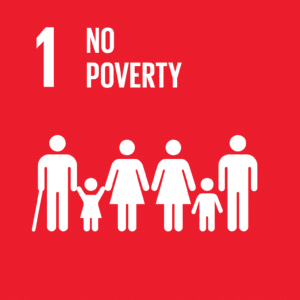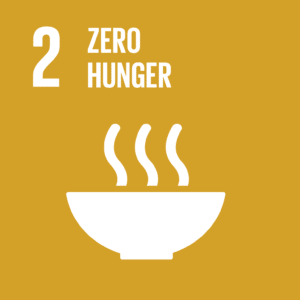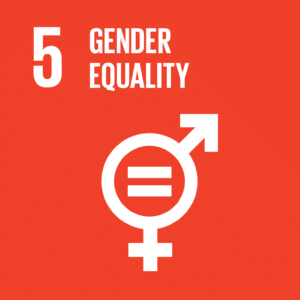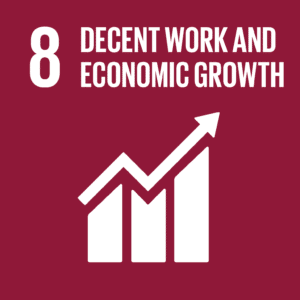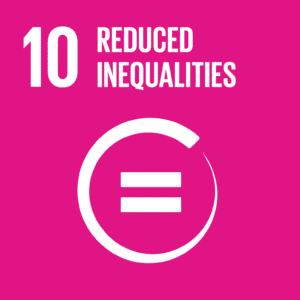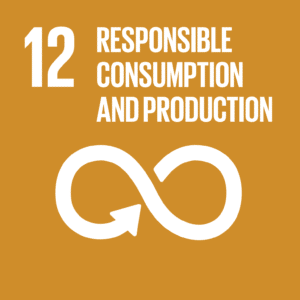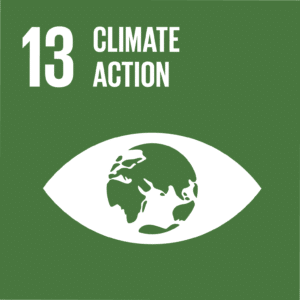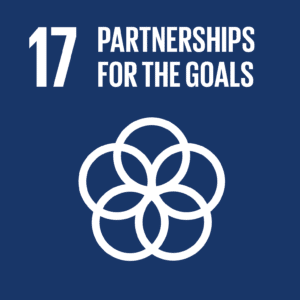Encouraging sustainable rice production
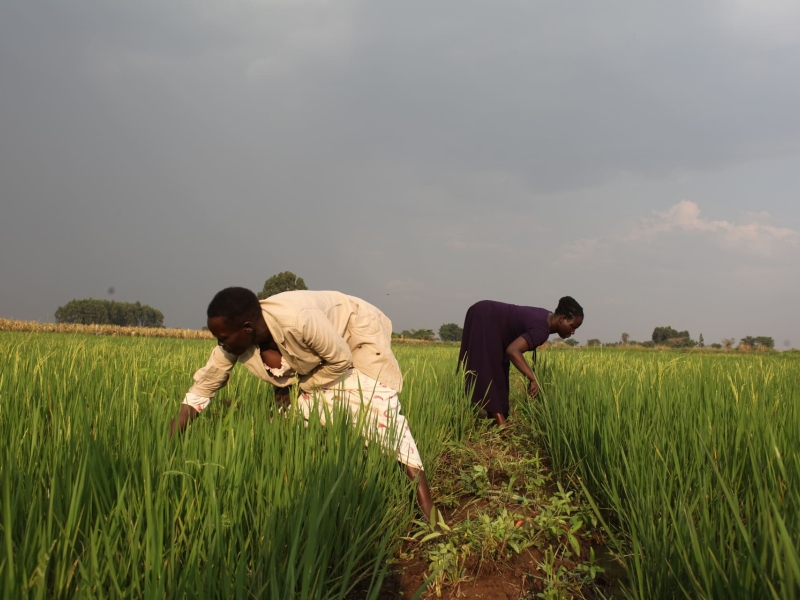
Climate adaptation and mitigation for Uganda’s rice sector
Rice production on smallholder farms has expanded greatly over the last 15 years. As a result, a significant amount of Uganda’s eastern and northern wetlands has been converted into paddy fields. This conversion, combined with poor cultivation practices, has increased greenhouse gas (GHG) emissions while placing the area’s water resources and biodiversity under stress. Yet conservation of these wetlands is crucial for the country’s resilience to climate change.
Applying global standard practices established in the Sustainable Rice Platform
The environmental impact from rice cultivation, at both farm and landscape level, can be reduced if farmers adopt global standard practices laid out in the Sustainable Rice Platform (SRP). Doing this would bring GHG emissions back down while decreasing use of water, pesticides and fertiliser runoff. At the same time, it would give biodiversity an opportunity to recover.
8,032 rice farmers, including 2,490 women and 2,989 young people, will be directly trained in applying sustainable cultivation and processing methods on their farms, thereby reducing their climate impact. By using the results obtained from this to influence policy makers, the project will eventually reach more than 90,000 farmers indirectly, multiplying the effects of the initial investment.
Do you want to know more about this project?




